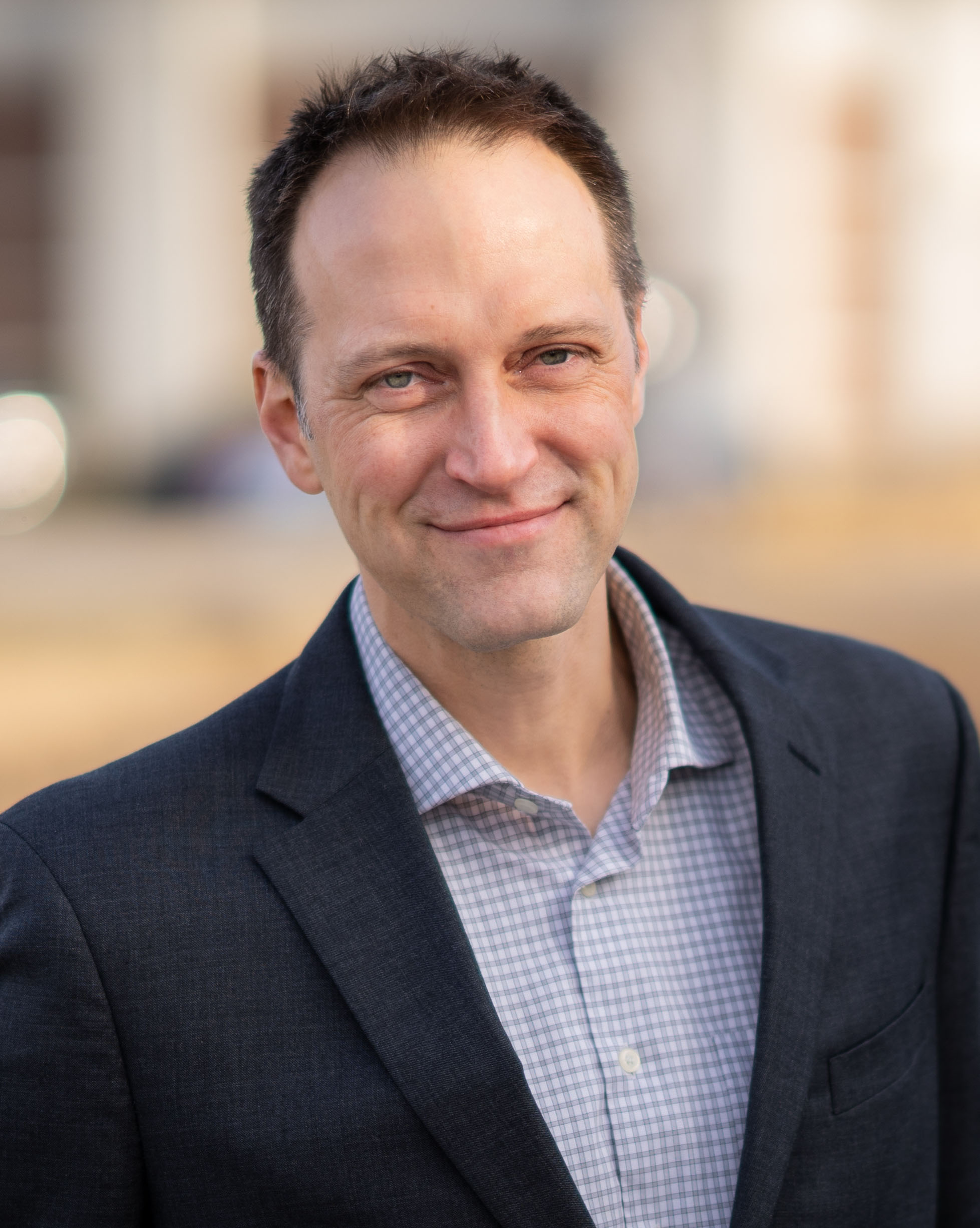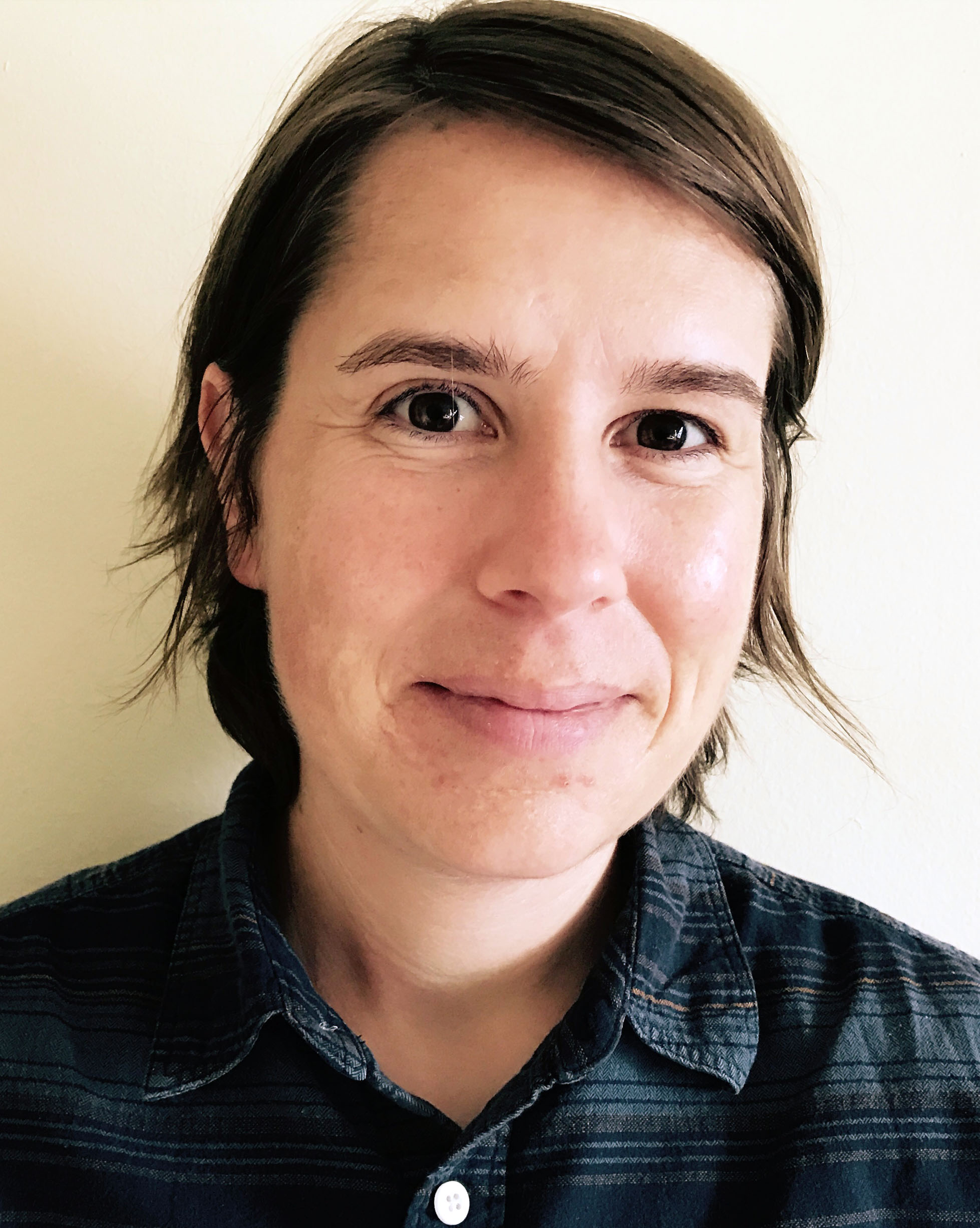May is Hepatitis Awareness Month and the ATTC Network is joining with national stakeholders and partners to generate greater awareness among behavioral health and healthcare providers of viral hepatitis as a public health concern. With funding support from SAMHSA, the ATTC Network is providing dedicated resources to the field to help address the intersection of substance use disorders and rising rates of hepatitis C (HCV). Approximately 2.5 to 4 million people are infected with HCV in the United States (SAMHSA, 2014). Approximately 75% were born between 1945 and 1965 and are unaware of their infection. The CDC and U.S. Preventive Services Task Force (USPSTF) recommended in 2013 that baby boomers should be offered a one-time screening for HCV. Research shows that since then, there was a very small increase in testing of 12.3 to 13.8% consequently keeping the birth cohort at highest risk for liver cancer and HCV related disease and cirrhotic liver complications.
Nearly 70% of new HCV infections are believed to occur among people who inject drugs. This increase has been driven by the opioid epidemic that affects many communities across the country. Unsafe injection drug use has contributed to a 250 percent increase in HCV infections between 2010 and 2014. (National Viral Hepatitis Plan 2017-2020).
Here, the ATTC Network invited two experts to help convey the significance of the intersection of OUD and HCV and what is being done to address it. Dr. Ryan Westergaard, MD, PhD, MPH will share perspective on a state-level initiative in Wisconsin, and Katie Burke, MPH will provide insight into the city and county of San Francisco’s End Hep C initiative. These are inspiring examples of how communities and organizations are working together to reduce the consequences of HCV.
 Ryan Westergaard, MD, PhD, MPH
Ryan Westergaard, MD, PhD, MPH
Assistant Professor, Medicine, Division of Infectious Diseases, University of Wisconsin Medical School
In Wisconsin we have assembled a collaborative research team that involves partners from academia, state and local public health agencies, and community-based harm reduction organizations. Our shared mission is to understand which people and communities are at greatest risk for HCV infection, and to develop strategies to ensure those with the greatest needs have access to prevention services, testing, and treatment.
As an infectious disease physician and public health researcher, I am motivated to help our state work toward rectifying what is really an absurd and tragic paradox. During the same decade in which HCV became curable with simple and well-tolerated treatment, the number of people contracting HCV has grown to the highest level ever. People who inject drugs, who are the most likely to contract HCV and transmit HCV to others, encounter substantial barriers to treatment because of stigmatization and inaccessible systems of care.
Participants in our studies feel comfortable discussing health issues with needle exchange staff that they would unlikely disclose to their physician for fear of judgment. We’ve seen encouraging results from bringing front-line prevention workers and their clients who inject drugs together with medical students for educational sessions. This promises to improve providers’ sensitivity to issues faced by patients with substance use disorders, toward a goal of providing trauma-informed and stigma-informed care in their future practices. Solid data from clinical trials show that people with substance use disorders benefit from HCV treatment whether they have been in remission for years or whether they use drugs regularly. We hope that by disseminating these types of research findings, we can raise awareness that policies such as “sobriety requirements” for antiviral treatment coverage are discriminatory and counterproductive. We will not turn the tide on the growing HCV epidemic until we commit to providing comprehensive addiction and HCV prevention and treatment services to everyone who needs them, and doing so in a person-centered and non-judgmental way.
 Katie Burk, MPH
Katie Burk, MPH
Viral Hepatitis Coordinator, Community Health Equity & Promotion Branch, Population Health Division, San Francisco Department of Public Health
As the Viral Hepatitis Coordinator at the San Francisco Department of Public Health (SFDPH), I work on strategies and programs to address hepatitis B and C (HBV and HCV). I also manage the contract for our community-based overdose prevention program, which is run by the DOPE Project of the Harm Reduction Coalition. I co-founded End Hep C SF, which is a multi-sector collective impact initiative with a shared vision of eliminating HCV as a public health threat in San Francisco.
San Francisco Department of Public Health has a longstanding commitment to supporting preventative interventions targeting folks who use drugs; the department was an early adopter of syringe access programs and widespread access to methadone and buprenorphine. SFDPH has also funded the DOPE Project since 2002, and over the years that program has prevented thousands of overdose deaths. Though we are experiencing the opioid epidemic, these measures have helped protect San Franciscans from the dramatic increases in opioid overdose mortality and HCV incidence some other jurisdictions are experiencing. Most recently, SFDPH has focused on increasing access to low-threshold buprenorphine and HCV treatment-as-prevention models.
SFDPH has funded HIV and HCV testing at methadone programs and inpatient drug treatment for years. Recently we’ve begun to move in a direction of co-locating HCV treatment access at settings that people who use drugs frequent. To this end, we’ve seen a lot of successes—folks are getting cured of HCV at syringe access programs (thanks to the work of the San Francisco AIDS Foundation), methadone programs (at the Opiate Treatment Outpatient Program at Zuckerberg San Francisco General), and residential drug treatment (at HealthRIGHT 360). Curing people of HCV at drug treatment programs is a win-win—oftentimes people are so empowered by having been cured that it provides an extra boost to support their recovery. Post-HCV cure, we’ve seen people reduce or quit using substances, get housing, go back to work, and reconnect with family.
https://www.hhs.gov/hepatitis/viral-hepatitis-action-plan/index.html
https://attcnetwork.org/centers/global-attc/hcv-current-initiative-0